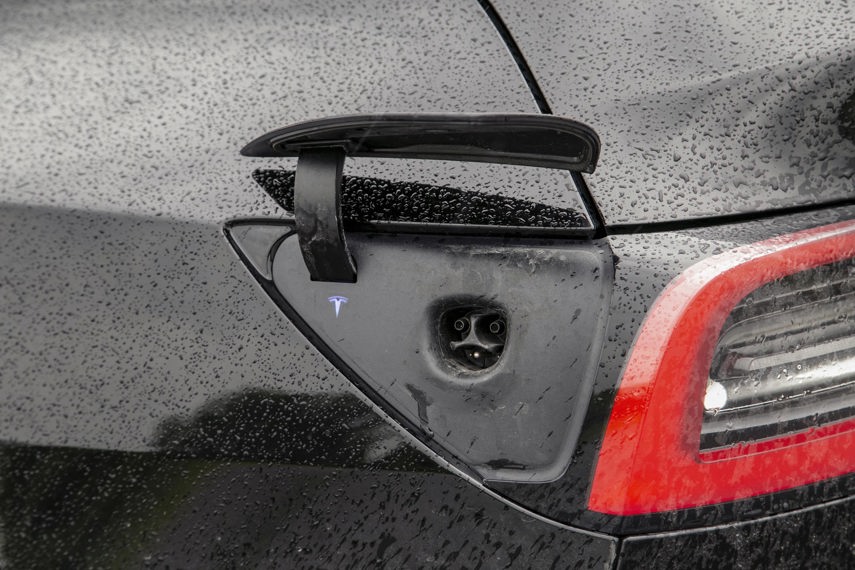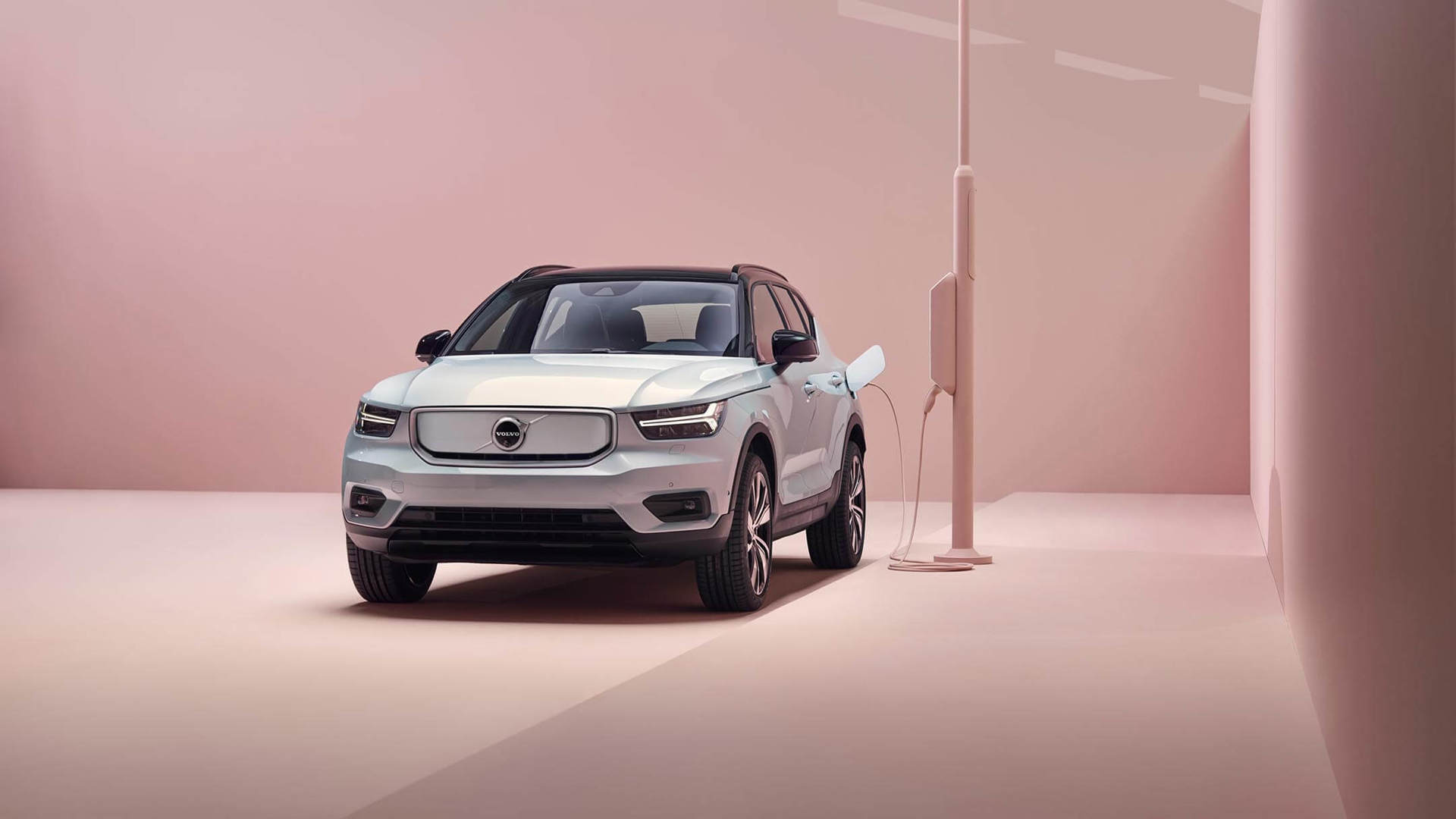The floodgates are open and the announcements keep coming, with Volvo the latest automaker to join the push to make Tesla’s proprietary electric vehicle (EV) charger the industry standard.
Both Volvo and its sister brand, Polestar, said in statements that their vehicles will soon come equipped in this part of the world with the so-called North American Charging Standard (NACS) port — a name that might finally make sense as the list of automakers making the same switch grows. In recent weeks, Ford, General Motors (GM), Subaru, Volkswagen Group, and Rivian all made similar announcements.
According to Volvo and Polestar, their vehicle will feature the NACS port in place of the current Combined Charging System (CCS) style starting in 2025. Meanwhile, owners of existing models will be able to get their hands on adapters starting sometime next year, according to Polestar.

Similarly, Volkswagen-owned Electrify Canada also announced plans to adopt the NACS charger at its growing network of stations across the country. The Electrify America network in the United States will do the same, both by 2025. Those stations will retain CCS plugs, too, according to Electrify Canada. Volkswagen, Audi, and Porsche have also announced NACS implementation in future EVs.
Hyundai, and presumably sister brands Genesis and Kia, have also announced that NACS charging ports will debut on its models starting in 2024. Owners with CCS plugs will be able to access Tesla's charging network with an adapter starting in the first quarter of 2025.
The announcements from Volvo, Polestar, and others mean drivers will be able to access Tesla’s fast-charging network that’s spread across about 2,000 sites in Canada, the United States, and Mexico. That should, at least in theory, cut down on the number of apps and accounts needed for public charging — a long-standing issue amongst non-Tesla EV owners — since Tesla’s system bills the account associated with the vehicle as it’s plugged in.
Perhaps more importantly, it also means less reliance on cumbersome CCS fast-charging locations, which use chunky and awkward cables and connectors. Expect more automakers to adopt the NACS port in the near future.
Note: This story was updated on December 19, 2023 to reflect involvement from more automakers. Expect more automakers to be added as the news is announced.

